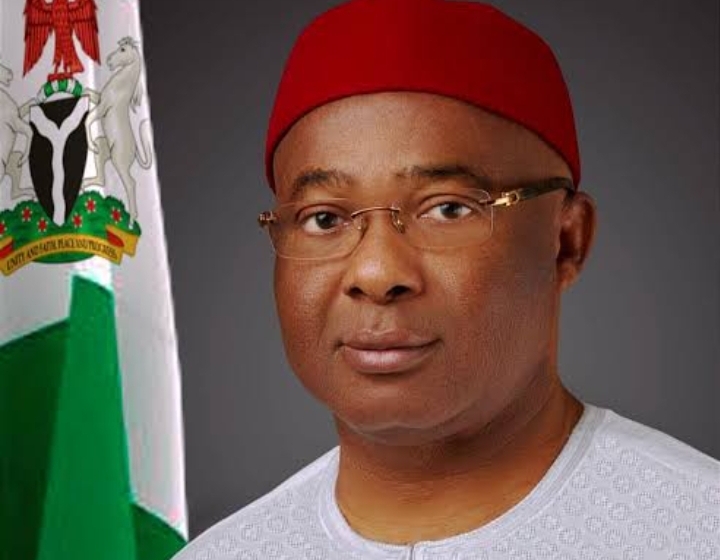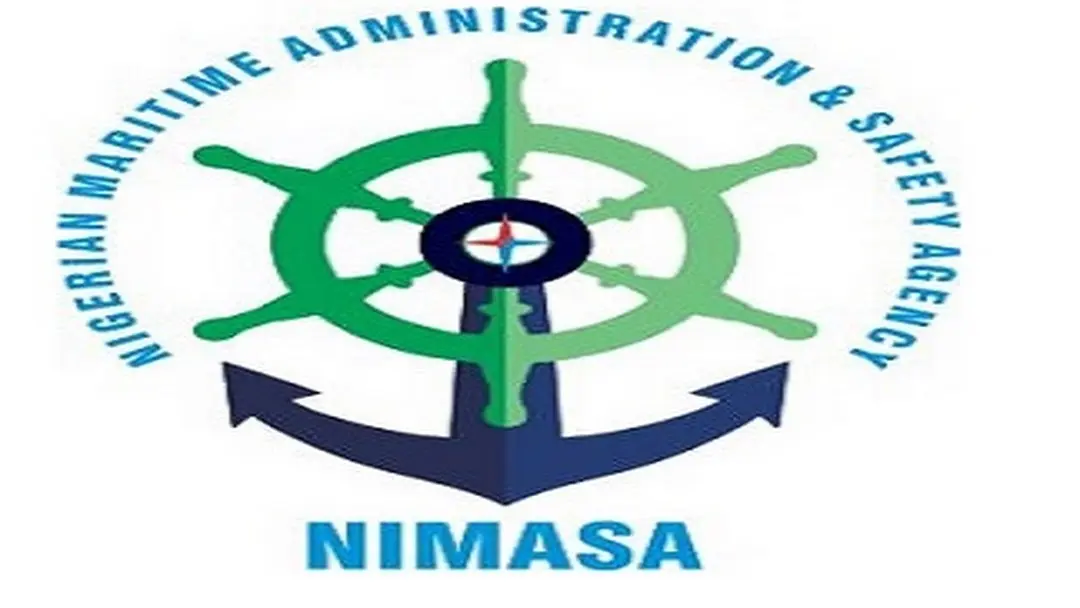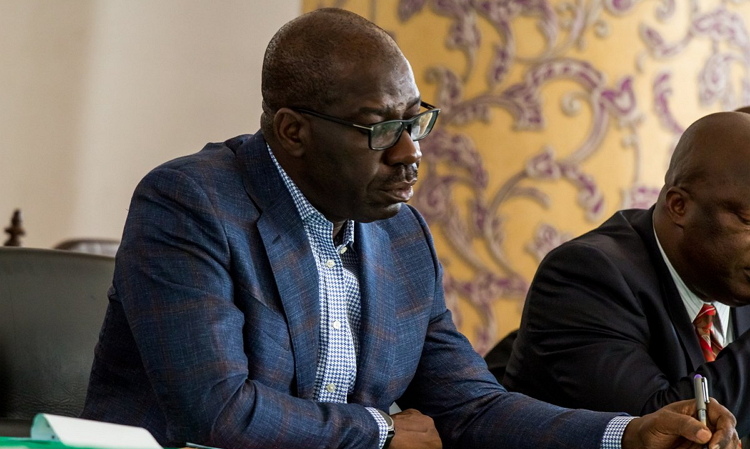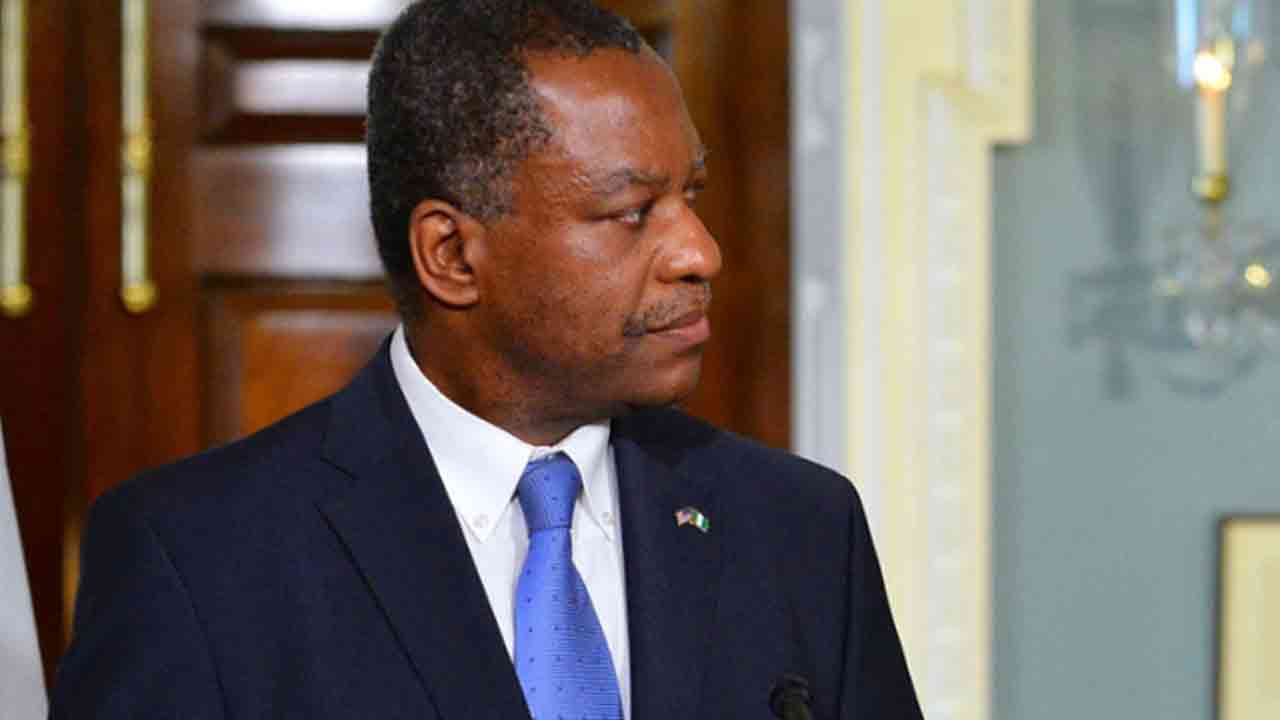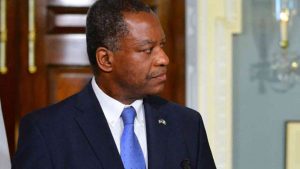Aiming to enhance infrastructure and operational efficiency, the Federal Government says its policies are deliberate to encourage Public-Private Partnerships (PPPs) in aviation and aerospace sectors.
The Permanent Secretary, Ministry of Aviation and Aerospace Development, Dr Ibrahim Kana, stated this at the Airport Business Summit and Expo 2025 (ABSE) on Wednesday in Lagos.
Kana noted that aviation remains a vital driver of economic growth, trade, tourism, and investment, as well as national connectivity and international competitiveness.
He said under President Bola Tinubu’s Renewed Hope Agenda, the government is committed to fostering PPPs for sustainable aviation and aerospace development.
“The Ministry, following the Infrastructure Concession Regulatory Commission (ICRC) framework, has promoted key PPP initiatives aimed at repositioning the sector for improved performance.
“These include terminal concessions at major airports — Lagos, Abuja, Port Harcourt, and Kano.
“Also, Build-Operate-Transfer (BOT) models for cargo terminals, maintenance hangars, and airport hotels,” he said.
Kana highlighted completed and ongoing public-private partnerships that are reshaping the aviation sector.
He said the concessioning of Murtala Muhammed Airport Terminal II (MMA2) remains a benchmark for successful PPP in West Africa.
He added that new airport concession approvals by the Federal Executive Council show the government’s determination to attract private capital and innovation.
“Collaborations with international bodies, such as ICAO and the African Development Bank, are helping to fund infrastructure without straining public finances,” he said.
He stressed that PPPs succeed in a stable, transparent, and predictable environment.
The Ministry, he said, has worked with the Finance Ministry, BPE, and ICRC to streamline processes and reduce investment risks.
“Our Airport Development Master Plan aligns with national economic goals and regional priorities,” he said.
He said the plan is supported by legislative reforms and improved regulatory oversight by the Nigerian Civil Aviation Authority (NCAA).
He also cited upgrades in aviation safety and security infrastructure, which are vital to investor confidence.
Kana revealed that PPP models are being explored for air navigation services, aerotropolis projects, and aerospace technology parks.
He said Nigeria could become a regional hub for air travel, maintenance, and space science applications.
“I urge local and international investors to view Nigeria as a long-term partner, not just a market. We are open for business and partnerships,” Kana added.
He reaffirmed the Ministry’s dedication to safe skies, resilient infrastructure, and effective collaboration.
Kana emphasised that the private sector is a strategic ally in achieving aviation development goals.
He also urged FAAN to take the lead on airport master planning, rather than the Ministry.
In his welcome address, ABSE Managing Director, Mr Fortune Idu, urged a comprehensive land-use assessment to free up airport space.
According to Idu, such assessments will guide the airport master plan and curb indiscriminate land acquisitions.
He said unregulated land allocations are stalling aerotropolis projects that would boost airport-linked economic growth.
“It’s unfortunate that federal airports host more tanker farms than aircraft or airlines,” Idu said.
He lamented that many government agencies occupy prime airport land, erecting scattered structures that cause congestion.
“This congestion hinders airport development, expansion, business growth, and national value,” he said.
The 2025 ABSE is the 10th edition, with the theme: Investment Opportunities in Airport Public-Private Partnerships.

